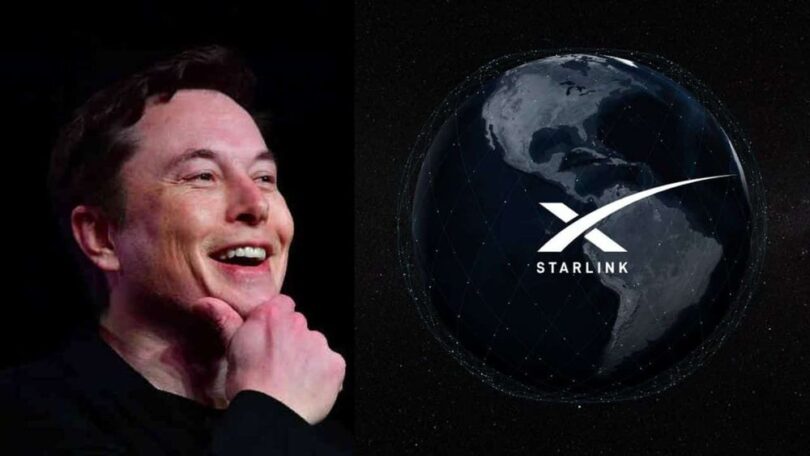Recently, The Frontier Post Correspondent in Washington DC put forth a media query to the US State Department Spokesperson about Starlink, a satellite-based internet company, owned by American billionaire Elon Musk. Interestingly, the Spokesperson did not immediately respond on the topic and borrowed time to get back on the query.
Apparently, the query was not a simple question regarding US diplomacy but involved a wide range of issues relating to the American Technological giant SpaceX’s billions of dollars in business in most parts of the world, data security, businesses and public privacy, and other issues pertaining to the national security of the countries across the globe. At the time, American aerospace giant SpaceX is providing satellite internet services to more than 53 countries through its flagship Starlink project since 2019. American Techgiant is currently aiming to launch its global mobile phone service the next year. Presently, securing data and enabling communication channels to operate efficiently and in a cost-effective manner is one of the challenging tasks for every other nation around the world. Although each nation has a desire and equal space rights, yet achieving the required capability and technical expertise poses a marvelous task while IT and Communication became lucrative sectors for professionals and entrepreneurs across the globe.
The importance of digitalization has grown many folds as the online sale has increased almost a thousand times in the post-COVID-19 world. Meanwhile, the importance of data security also become mandatory for businesses and industries while the majority of Western companies have made it essential for their staff to have a two-step authentication system to access their basic email address. Private firms have increased their data protection and internet security to maintain their dominance in the industry domain. The recent data leakage from the NADRA data warehouse and Pentagon data pilferage are the outcomes of global data sharing and weak implementation of internet secuirty protocols. Internet connection and data security are essential needs of businesses and industries to match their pace of development with the ongoing technological revolution in the world. The Chinese government has timely recognized the importance of the Internet and data security, therefore, Bejing focused on building a digital corridor along with its flagship Belt and Road Initiative (BRI) to build solid and sustainable infrastructural growth.
Unfortunately, Pakistani leaders could not timely grasp the importance of modern-day technological innovations, and resultantly Pakistan suffered serious setbacks in IT, Communication, and computer technologies, and our young professionals are compelled to work for foreign firms. Recently, Starlink Internet Services has officially registered itself with the Securities and Exchange Commission of Pakistan (SECP) to provide internet services in the country through satellite. The Pakistani authorities must work to get optimum benefit through establishing Starlink’s quickest and least expensive satellite internet services throughout the country.
Besides Pakistan Telecommunications Authority (PTA) other government institutions must collaborate with Starkink to effectively tackle security issues and data privacy that might pose challenges to National cyber security mechanisms and regulatory policies in the aftermath of the communication revolution that is likely to take place in the coming days. In fact, the policy of reluctance by Pakistani policymakers regarding the latest innovations including IT, online marketplace, freelancing, and Cryptocurrency had cost significant economic and technological losses to the country, while Pakistani talent could not grasp the full benefit from those lucrative fields because of no provision of essential infrastructure, banking, and regulatory mechanisms. However, the incumbent rulers must focus on these avenues which will surely untapped huge economic and monetary prospects in the future.







